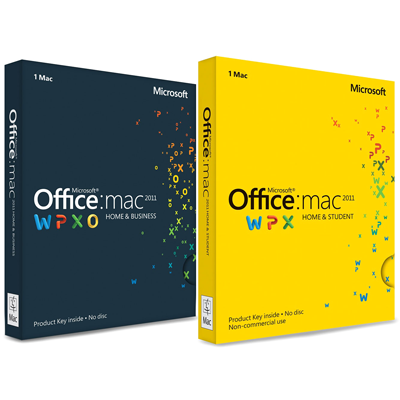
Now that Didi is public, Uber’s stake is worth about $8 billion. In China, Didi’s ascent has mirrored that of other tech powerhouses including ByteDance, TikTok’s parent, and the food-delivery giant Meituan.Īlthough Uber tried to compete in the Chinese market, it eventually sold its Chinese operations to Didi in exchange for a stake in the company. “How are they going to do in places like Africa, the Middle East, or South America? Will you be hailing a Didi or an Uber?” said Drew Bernstein, the co-chairman of Marcum BP, an audit and advisory firm focused on Asia.ĭidi Dache was founded in Beijing in 2012 and merged with a Chinese rival, Kuaidi Dache, in 2015 to form Didi Chuxing. But the region continues to experience rising coronavirus caseloads, potentially throwing a wrench into growth plans. Trainer said.īoth Didi and Uber have made Latin America a focus for their global expansion. The regulatory pressure raised questions about whether Didi would be permitted to grow large enough to be consistently profitable, Mr.

In April, Didi was one of nearly three dozen Chinese internet companies that were hauled before regulators and ordered to ensure their compliance with antimonopoly rules and to “put the nation’s interests first.”ĭidi promptly issued a statement, which the antitrust regulator published on its website, vowing to “promote the development and prosperity of socialist culture and science” and to strictly obey the law.
#Office 2016繁體中文 for mac drivers
The letter accused Didi of using unfair subsidies to retain passengers and of giving ride orders to unlicensed drivers and vehicles. It had already investigated the sale on antitrust grounds without any action taken.

“China’s regulators already have them in their cross hairs,” said David Trainer, the chief executive of New Constructs, an investment research firm.Ī taxi industry group wrote the country’s antitrust watchdog in December, urging the agency to take a second look at Didi’s purchase of Uber’s business in China in 2016. Last year, Chinese regulators began cracking down on what they called unfair and anticompetitive business practices in the internet industry. China’s antitrust authorities have begun to aggressively scrutinize the country’s big internet companies. Investors could also be wary of regulators in Didi’s home country. coming out of the gates,” he said, but it still has a lot to prove to investors worried about tension between the countries. “Didi, for good and bad, is in the center of the U.S.-China cold tech war,” said Daniel Ives, managing director of equity research at Wedbush Securities.

The American government has placed some Chinese tech companies on lists that restrict their ability to do business with the United States or its trade partners. Revenues declined 8 percent to $21.63 billion last year because of the pandemic, the company said in a regulatory filing.ĭespite its dominance in China and other countries, Didi could face unusual scrutiny from investors because of continued tensions between the United States and China. It lost $1.6 billion last year, though it reported a profit of $30 million in the first quarter of this year. Ride-hailing companies like Uber and Lyft, in particular, have proved to be profligate money losers, often burning through billions in cash each year.ĭidi is no exception. The company made its debut, trading under the ticker DIDI, as Wall Street continues to embrace fast-growing tech companies regardless of their ability to turn a profit. But investor interest cooled throughout the day, and Didi closed at $14.20, pegging the company’s value at more than $69 billion. Didi, the leading Chinese ride-hailing platform, made its Wall Street debut on Wednesday, capping a year in which ride-hailing and travel companies have struggled to overcome intermittent pandemic lockdowns.ĭidi began trading at $16.82 a share on the New York Stock Exchange, up 20 percent from a $14-a-share offering price.


 0 kommentar(er)
0 kommentar(er)
